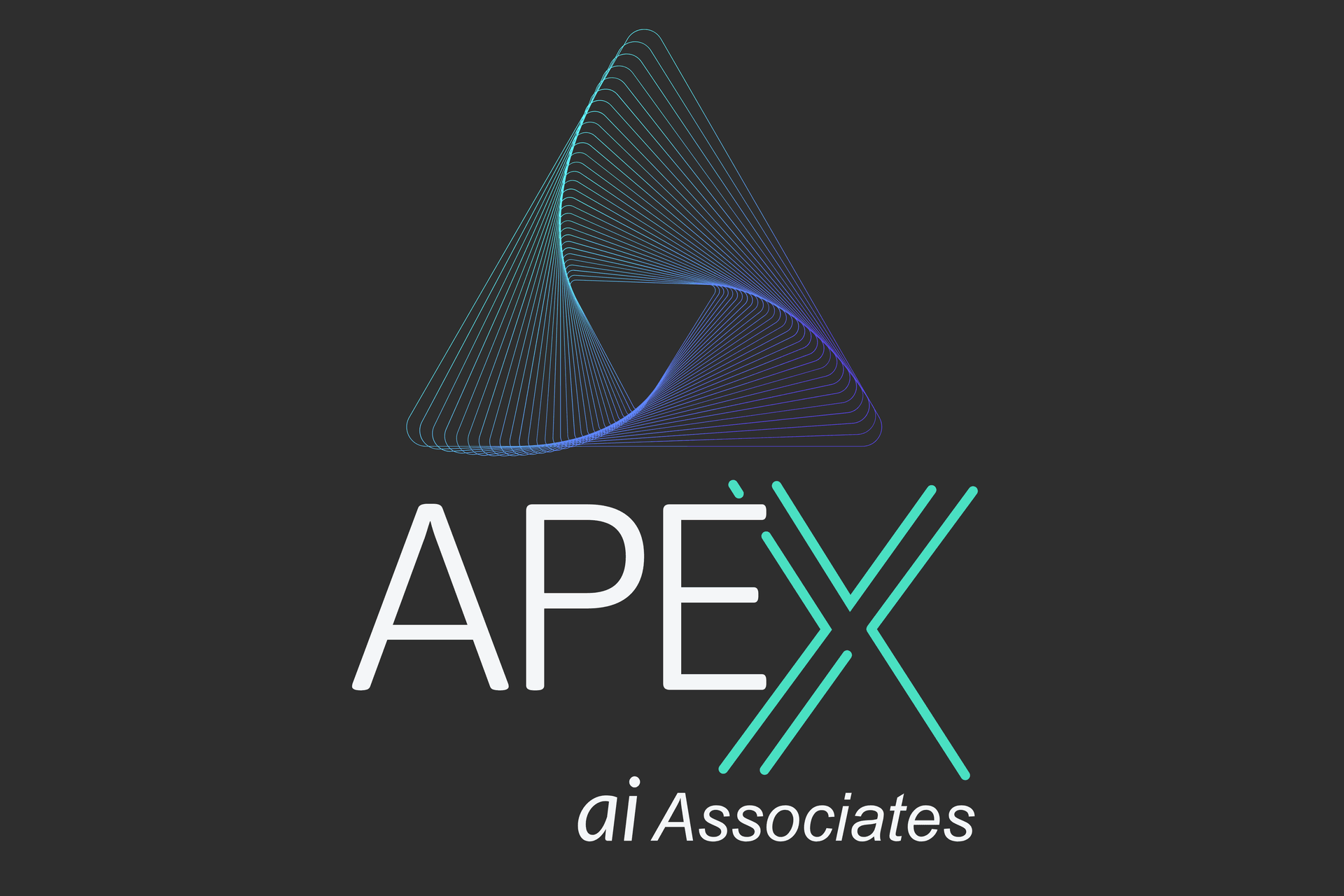AI Implementation in Lansing: A Step-by-Step DIY Guide for Small Business Owners
Understanding AI and Its Benefits for Small Businesses
Artificial Intelligence (AI) is no longer just a concept from science fiction. It's a powerful tool that can transform the way businesses operate. For small business owners in Lansing, implementing AI can lead to significant improvements in efficiency, customer service, and decision-making. By automating routine tasks and providing valuable insights, AI empowers businesses to compete with larger enterprises.

Assessing Your Business Needs
Before diving into AI implementation, it's crucial to assess your business needs. Evaluate areas where AI could make a difference, such as customer service, inventory management, or marketing strategies. Identifying these areas will help you focus your efforts and resources on solutions that provide the most value.
Consider conducting a SWOT analysis to identify strengths, weaknesses, opportunities, and threats related to AI adoption. This analysis will provide clarity on how AI can align with your business goals and address specific challenges.
Exploring Cost-Effective AI Solutions
Small businesses often operate on tight budgets, so cost-effective solutions are essential. Fortunately, there are numerous AI tools available that cater to small business needs. Look for cloud-based services that offer scalable solutions without the need for significant upfront investment in hardware or software.
Some popular AI applications include chatbots for customer service, predictive analytics for sales forecasting, and personalized marketing tools. These applications can provide immediate benefits without breaking the bank.

Setting Up Your AI Strategy
Once you've identified the right AI tools, it's time to develop a strategy for implementation. Start by setting clear objectives and metrics to measure success. This will help you track progress and make data-driven decisions as you integrate AI into your operations.
Create a timeline for implementation that includes milestones and deadlines. Assign roles and responsibilities to team members to ensure a smooth transition. Regularly review and adjust your strategy as needed to keep it aligned with your business goals.
Training Your Team
Successful AI implementation requires a knowledgeable team. Invest in training programs to familiarize your employees with new tools and technologies. Encourage a culture of continuous learning to keep your team updated with the latest advancements in AI.

Monitoring and Optimization
After implementing AI solutions, continuous monitoring is essential to ensure they are delivering the expected results. Use analytics tools to track performance and gather insights into how AI is impacting your business.
Optimization is an ongoing process. Regularly review your AI systems and make necessary adjustments to improve efficiency and effectiveness. Stay informed about new AI developments and consider integrating advanced features as they become available.
Embracing the Future of AI
AI technology continues to evolve rapidly, offering new opportunities for small businesses to innovate and grow. By adopting a proactive approach to AI implementation, Lansing's small business owners can stay ahead of the curve and maintain their competitive edge.
Remember, the key to successful AI adoption lies in understanding your unique business needs and leveraging the right solutions to achieve your objectives. With careful planning and execution, AI can become an invaluable asset for any small business.

